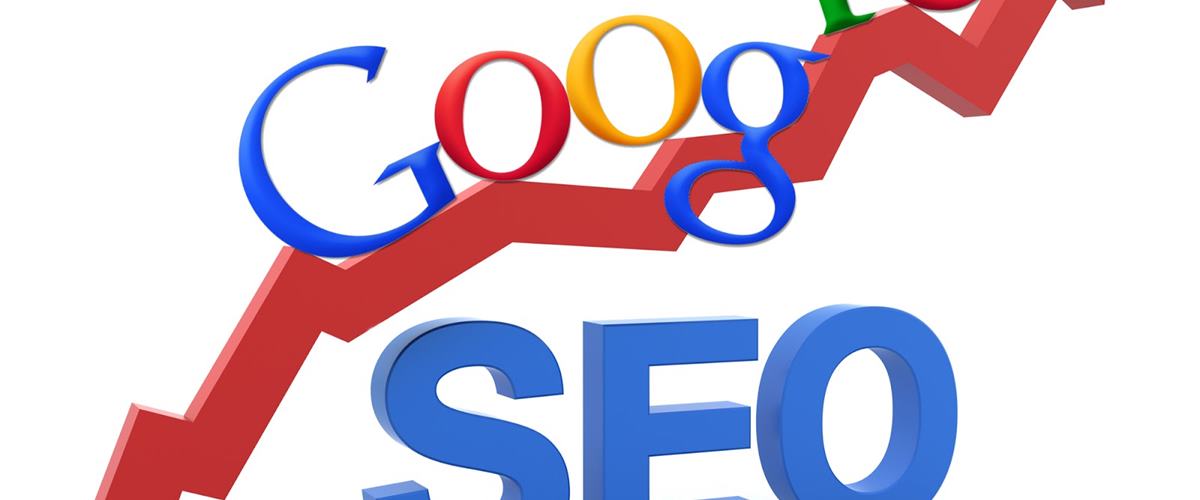The world wide web is a multi-faceted thing, but when it comes to marketing, all roads lead to (and from) one place... Google.
To understand how best to market your venue to new users online, it's helpful to have a sense of how Google works and thinks - and a brief understanding of the journey it has gone on since its inception in 1996. Here’s a very brief history.
1. PageRank
When Larry Page and Sergei Brin started building the platform, they had a simple question to answer: how could they help people find exactly what they were looking for when they searched online for answers to things?
They knew that the success of their search engine would depend on the relevance of the results it threw up in answer to people's questions. It would be this which set them apart from the competition, which, at that stage, relied mainly on page titles, content and meta data - the information displayed to search engines in a website's code.
So Google invented the system which set it apart. They called it PageRank, after co-founder Larry. PageRank was a way of using the millions and millions of links which existing between websites to determine the value of any one of those pages.
It assumed that if one website had lots of other websites linking to it, then it must be deemed valuable by those websites. A link, then, became like a vote of confidence. Google began to place popular websites higher in search results. So if there were two websites about a subject, then the one with the most links leading to it from other website would win in the search results.
2. A"(Black Hat"?) Industry Emerges
Page Rank proved extremely successful for Google, which quickly became the most popular search engine. This allowed it to build out its revenue-generating advertising platform, Google Adwords. But it wasn't infallible. An industry of digital marketers and search engine optimisers quickly realised that they could drive profits by manipulating PageRank to dominate the results.
With over a third of people clicking on the top result of Google's search results, the value was clear. It was free traffic for companies, and so free potential customers.
Before long there were tens of thousands of "link farms' on the net. These were websites built with the sole purpose of sending links to other websites, usually for a fee. This type of search engine optimisation became part of what was known as "black hat" tactics. The link farms would get paid, the websites using them would become more prominent on the web, and everyone would win, except for the person who had searched Google in the first place. That person would see results for websites who had 'cheated' the search, rather than the best, most relevant result. That wasn't good for Google.
3. Search Marketing adapts
In response, Google released a groundbreaking update to its systems in April 2012. The "Penguin" algorithm started penalising websites which had links from low quality websites - particularly the link farms. All of a sudden, low-quality links didn't mean as much as they used to, and lots of websites saw their search rankings plummet.
Google started recognising new signifiers in determining search results instead. Social media shares (such as 'likes' or 'retweets') and fresh, engaging content became important. Major search engines announced that Facebook and Twitter shares would influence search results. Google continued to push its own social network, Google+. Online marketing became about context and relevancy.
Increasingly, Google became about was rewarding websites which provided a great experience for their users. What do people online really think about a website's service, and how do they share those opinions online?
Hummingbird and the Future
The release of the "Hummingbird" update (Google likes its bird names) in late 2013 confirmed that Google was serious about changing. It signalled a move to understand context more effectively - i.e. how is your brand or website placed in the context of online conversations, and what should that mean for how it is positioned online? And how should a search engine understand the true meaning behind a particular search term? This isn't as complicated as it might sound. There's a good article on Hummingbird here.
Ultimately it's more good news for people with lots of great information displayed on their websites (so easy for people with interesting venues!) and good service. Fresh, engaging content and a website built with SEO in mind (more on that later) are the fundamentals. Once these are in place, there are plenty of ways to take your online marketing to the next step. Of these, Pay-per-click advertising is perhaps the most accessible - we'll be coming to that later in the series.
All in all, there is much to be excited about for those starting in online marketing. It's as level a playing field as it's ever been. We'll be back in a fortnight to talk a bit about on-page SEO, and getting your website content right - the starting point for everything else.
The full series
You can see the full breakdown for the series below:
- Introduction
- A brief history of online marketing
- On page SEO
- Linkbuilding
- Mobile
- Google Analytics
- Introduction to Content Marketing
- Introduction to Facebook Marketing
- Introduction to LinkedIn Marketing
- Introduction to Twitter Marketing
Listing your venue on Hire Space is easy and quick - get started and join the club! Any questions? Email us at venues@hirespace.com and we'll help you get up to speed in no time.
Author

Hire Space
Discover the world's best venues with Hire Space. The easiest way to explore over 100,000 spaces globally, all in one place.




